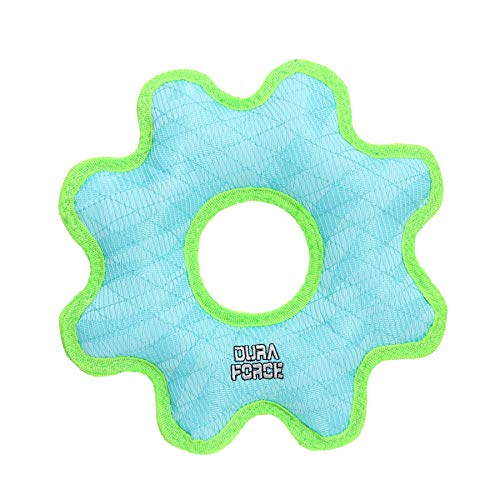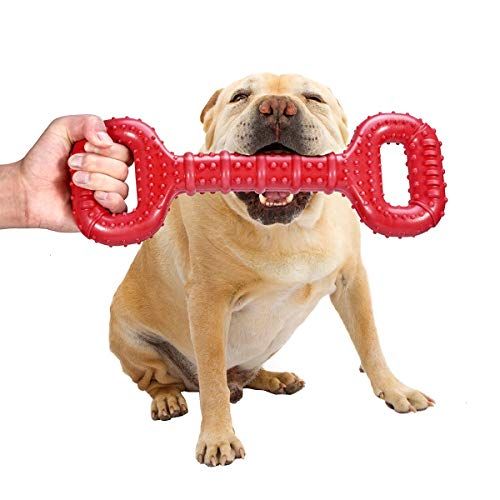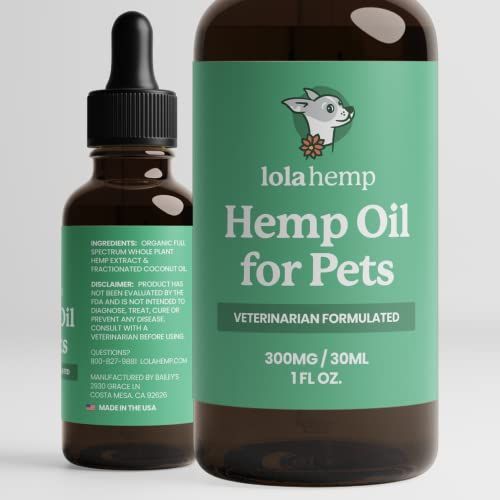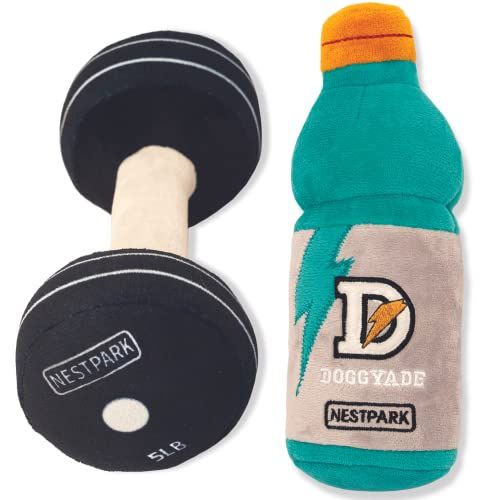Preventing Canine Cancer: An Owner's Guide
It's a distressing thought for any dog parent: the risk of your beloved pet developing cancer. As with humans, there are no guaranteed methods to completely prevent cancer in dogs, but there are steps you can take to minimize the risk. In this guide, we will delve into lifestyle changes, nutritional choices, preventive healthcare measures and the role of genetics in canine cancer. Our aim? To help you provide your four-legged companion with a healthier, potentially cancer-free life.
Dogs are much more than just pets; they're cherished members of our family. Ensuring their health and longevity becomes paramount, which includes taking steps to prevent life-threatening diseases like cancer. We'll dive into how you can lower the risk of cancer in your dogs, including potential causes, preventive measures, and early detection strategies.
A primary step to preventing cancer in dogs is understanding the factors that may lead to it. Age is a significant determinant, as cancer is more common in older dogs, similar to humans. Certain breeds, such as Boxers, Golden Retrievers, and Rottweilers, have higher cancer rates. However, age or breed doesn't guarantee cancer, and environmental factors can play a significant role as well.
%product_cta:1%
Diet and Weight Management
Maintaining a balanced diet is essential in cancer prevention. High-quality, organic pet foods with no artificial colors or preservatives are ideal. Overweight dogs have a higher risk of cancer, so regular exercise and portion control are crucial to keep your furry friend at a healthy weight.
Limit Exposure to Toxins
Toxins in the environment can lead to cancer in dogs. Limiting exposure to tobacco smoke, pesticides, and certain chemicals can significantly decrease their risk. Additionally, use dog-friendly products for grooming to avoid harmful substances found in some shampoos and conditioners.
Vaccinations and Regular Check-ups
Regular check-ups are a must as they can help detect early signs of cancer, increasing the chances of successful treatment. Your vet can provide vaccinations against certain types of viral cancers, such as those caused by canine papillomavirus.
Neutering or Spaying
Neutering male dogs can help prevent testicular cancer, and spaying female dogs before their first heat can significantly lower the risk of mammary gland tumors.
Supplements
Certain supplements can boost your dog's immune system and prevent cancer. Omega-3 fatty acids, antioxidants like vitamin C and E, and phytonutrients found in fruits and vegetables are beneficial. Always consult with your vet before starting any new supplement regimen.
Find out more: How can I prevent my dog from getting cancer
In conclusion, while we cannot entirely prevent cancer, we can take multiple steps to reduce the risk in our dogs significantly. By providing a healthy diet, limiting toxin exposure, ensuring regular vet check-ups, neutering or spaying, and providing appropriate supplements, we can significantly enhance their chances of leading a long, healthy life. Always remember that early detection is the key, so keep an eye out for unusual changes in your dog's behavior or physical condition, and consult your vet immediately if anything seems amiss.














